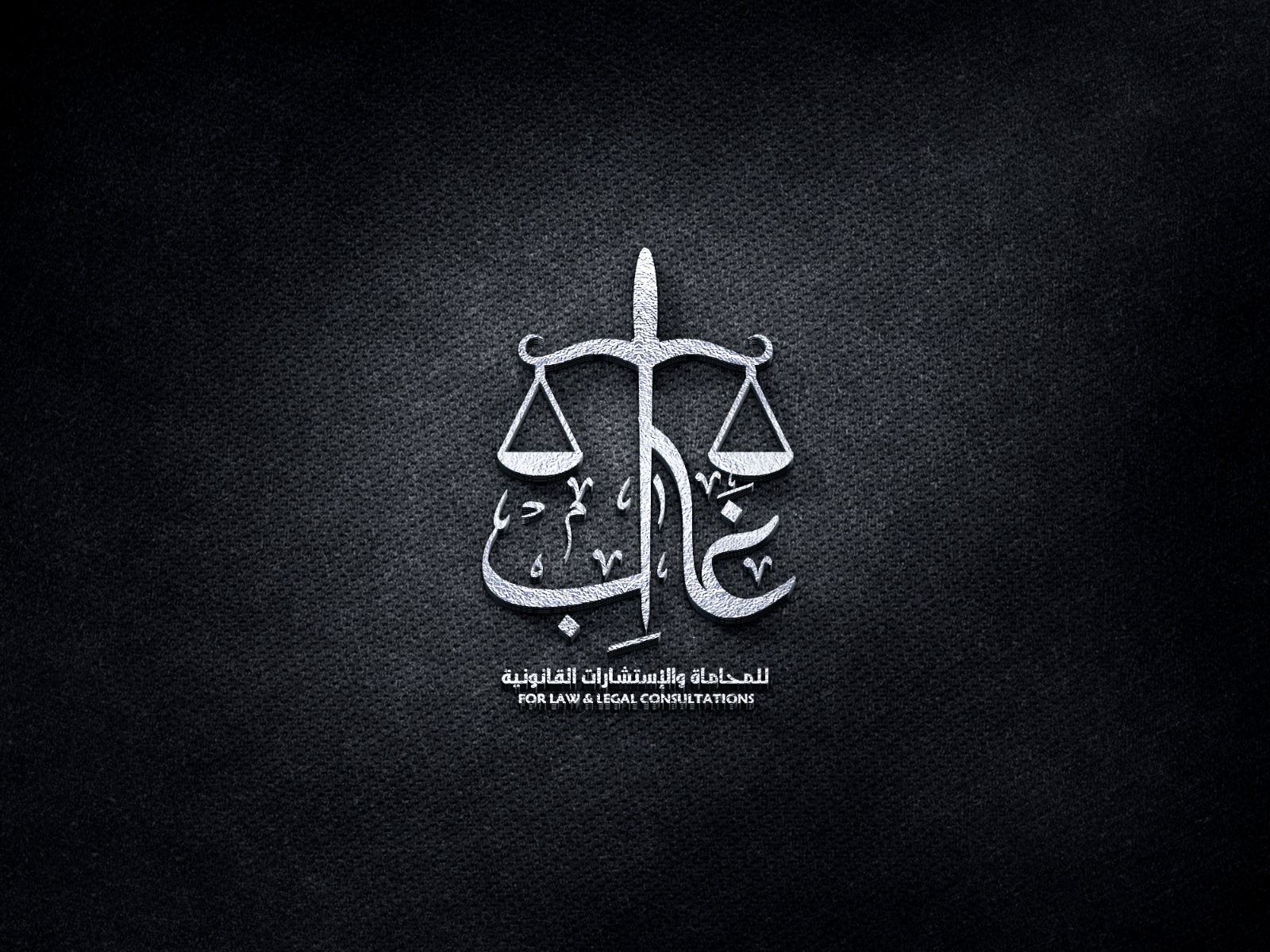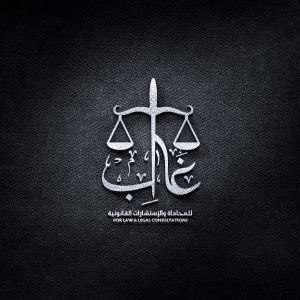 Estate Division
Estate Division

Introduction
Estate division is the process of distributing the deceased’s property among the heirs according to the legal shares or as specified in the deceased’s will. This process is important to ensure that rights are distributed fairly and equitably.
Types of Estates
Movable Estate: Includes liquid assets, such as cash, stocks, and personal property.
Immovable Estate: Includes real estate, such as land and buildings.
Basic Principles of Estate Division
Legal Shares: Islamic law specifies specific shares for each heir, based on their relationship to the deceased.
Will: In the case of a will, the deceased’s wishes must be respected within the limits of Sharia.
Legality: The division must be carried out in accordance with local laws governing estates and inheritance.
Estate Division Procedures
Determination of Estate: All assets and debts related to the deceased must be collected.
Asset Valuation: Estimation of the value of assets by experts to determine the value of the estate.
Heirs Identification: Verifying the identity of the legal heirs and determining their shares.
Division Procedures: Division can be done by mutual consent between the heirs or through the court if there is a dispute.
Importance of Legal Consultation
It is essential to consult a lawyer specializing in estate division to ensure that the process is carried out in a legal and correct manner. The lawyer can provide assistance in determining rights and obligations, facilitating the division process, and resolving any disputes that may arise


